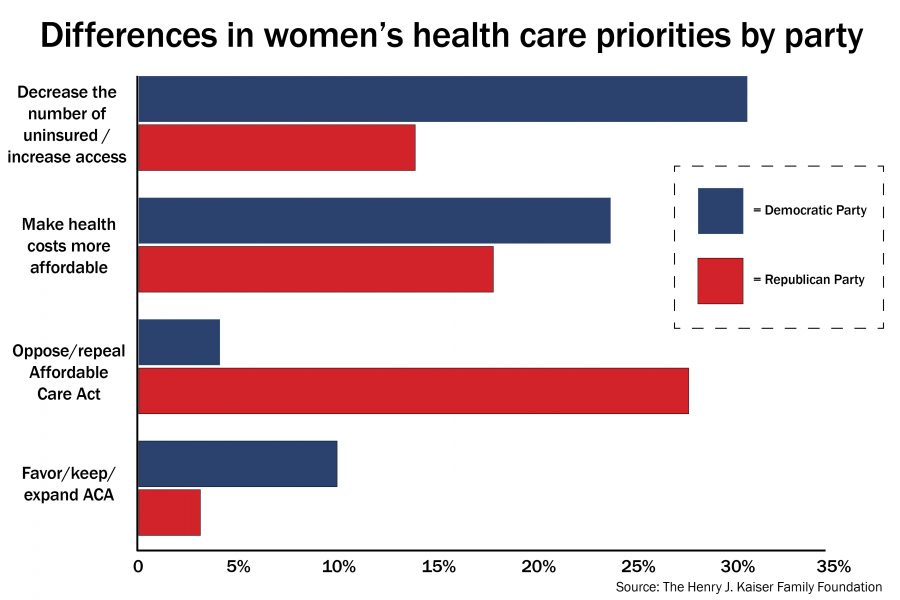Last week, March of Dimes, a foundation committed to preventing birth defects and infant mortality, released a report card in which the United States scored a C for preterm birth rates. Not only did these rates rise for the first time in eight years (to 9.6 percent), but the report showed significant racial disparities, with preterm birth rates nearly 48 percent higher among African-American women.
Furthermore, research has shown that women in poorer socioeconomic statuses are at higher risk for health problems such as unintended pregnancies, largely because they have less access to education and healthcare and fewer employment opportunities. Race, then, continues to be a significant factor in health disparities.
“It’s true that a number of African-Americans are financially disadvantaged, but that’s not the whole puzzle,” said Dr. Ted Held, a local obstetrician-gynecologist. “I think there’s a really bad systemic racism problem that also contributes to these high preterm birth rates.”
In order to reduce these disparities, as well as address health issues that affect all women, there must be policy and legislation addressing specific factors that create the context in which women are disadvantaged and do not have access to the care they need. These policies, however, are largely affected by political attitudes.
Research by the Kaiser Family Foundation shows that women who identify as Democrats are more likely to support the Affordable Care Act and protection of access to a “full range of reproductive health care,” while those who identify as Republican are not likely to support the Affordable Care Act and more likely to support further regulation of access to abortions.
This election season has amplified the differences between these two rhetorics. Hillary Clinton’s campaign has strengthened the fight towards equal rights for women, including the right for women to have access to safe reproductive health care and to make their own healthcare decisions. On the other hand, Donald Trump has created a rhetoric that does not put forth women’s health rights as an important issue.
Some of his opinions on women’s health are based on inaccurate information. His actions have shown him to be blatantly sexist and offensive, and his supporters, largely, share a hostile attitude toward women — an attitude that has been amplified by his presidential campaign. He supports a full repeal of the Affordable Care Act, which could lead to women paying almost twice as much as men for health insurance and not having access to contraceptives.
The government must prioritize women’s health in a way that gives them safe and easy access to any form of care they want or need, regardless of party identification. It must do so in a way that allows women to make decisions for themselves, because if they can’t, they may be placed in situations that put them at risk. Legislation should also address the underlying issues that create barriers for women of certain socioeconomic status or race and ethnicity, because every woman deserves a fair chance at a healthy life.
Agha is a public relations junior from Karachi, Pakistan. Follow her on Twitter @alinaagha96.





















